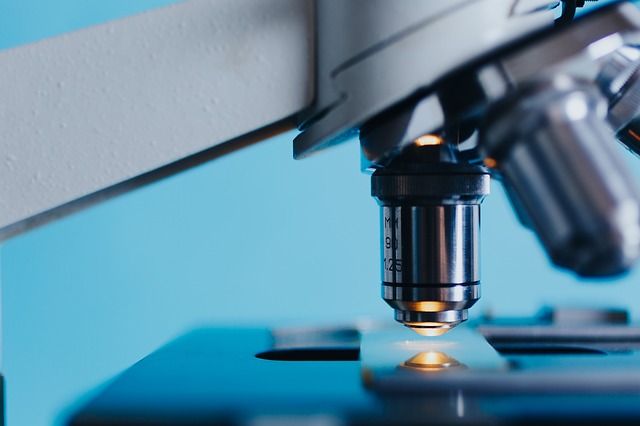Machine learning (ML) technology may have made research easier, but it did not necessarily improve the quality of research. In this February 2019 article published by the BBC, Dr. Genevera Allen from Rice University in Houston is discovering a crisis in science due to the use of ML tech. According to Allen, in several researches, software found results that exists only in the data but have no representation in the real world.
This is an echo of the various biases discovered in the use of technology in various fields [read these articles to see how machines have been discovered to have bias against gender and race].
Estimates show that as of writing, 85% of all biomedical research being carried out in the world are wasted effort because its results cannot be reproduced.
Implications for AI
Much of our modern societal rules and transactions are being defined by machine learning. This article shows us that despite the widespread promotion of ML, it is still early days for this technology. We shouldn’t be handing control over our lives, indeed, our very societies to unregulated and untested technologies.
The article also stresses the need for governments to heed the call for stricter regulation for commercially available ML technologies, particularly those that have an impact on human civilization.
Read Original Article

Read Online
Click the button below if you wish to read the article on the website where it was originally published.

Read Offline
Click the button below if you wish to read the original article offline.
You may also like
-
Bitcoin: Is It Really The Answer To Financial Freedom?
-
Trump Issues Executive Order Prohibiting CBDCs
-
UK Proposes Letting Tech Firms Use Copyrighted Work to Train AI
-
Elon Predicts One Million Humans Will Be Augmented By Neuralink By 2030
-
Research Shows People Can’t Tell Difference Between Human and AI-Written Poetry
